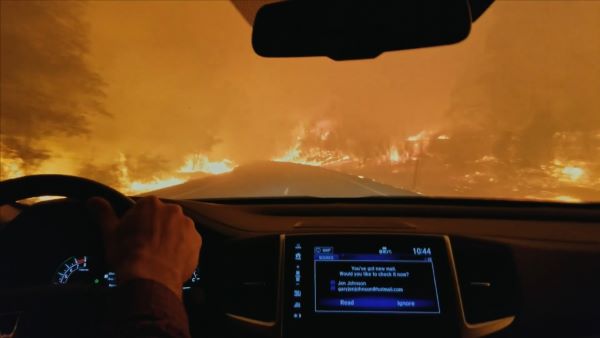
Despite sharing documentary DNA with last year’s Rebuilding Paradise, Bring Your Own Brigade isn’t a carbon copy of the Ron Howard film. Both offer a first-hand look at the 2018 Camp Fire natural disaster, which engulfed the Northern California towns of Paradise and Concord leaving 85 dead and countless residents without homes. We see the same horrific imagery of smoke and flames engulfing roads and buildings as the populace tries to evacuate, some unsuccessfully, and the aftermath of such a tragedy. But Howard’s movie was still a hopeful tale, juxtaposing its tragedy against the humanity of Paradise’s residents and their ability to shoulder each other’s pain. The newer film is interested in a bigger question: Why do these wildfires keep on happening?
This question confounds and intrigues director Lucy Walker, who traveled to California from Britain in hopes of understanding the persistence of forest fires, only to bear witness to the state’s largest one yet. A harrowing opening montage highlights the disaster’s global scale from Australia to Brazil to South Korea, but as Walker later points out, Camp Fire wasn’t even California’s only fire that day. The Woolsey Fire was happening down south in Malibu, whose population differs from Paradise across class and political lines. Nature, however, treated both with perverse bipartisanship.
The film’s first act begins conventionally, comprised of survivor interviews and cell phone footage of cars fleeing Paradise down narrow highways. As expected, these scenes are heartbreaking when you hear the survivors’ stories, such as a woman who just gave birth. She recalls how she told her driver/chaperone to take the child if the worst possible scenario happened.
Yet residents are used to forest fires happening as much as earthquakes. A number of them don’t even believe in climate change, despite scientific data tying the rise in global fires to the planet’s increasing temperature—they point out that fires have always occurred in California. What’s gotten worse, according to the film, is the contradictory approach to combatting them.
It’s here that Walker delves into the real meat of her environmental and cultural critique. Talking with civilians and experts alike, we learn that California’s problem lies not only in the state’s proliferation of trees but a misconception of fire itself. Fire, as it was originally used by California’s Indigenous population, helped balance the relationship between humanity and nature. Now, the element is viewed by Americans in stark black-and-white terms—the face of Smokey Bear making us fear the flame as a harbinger of man-made destruction.
Not lessening the danger are the clearcutting tactics implemented by Paradise’s local timber mogul, replacing older, more resilient trees with younger ones planted in such close proximity that they generate a greater heat source. This deep introspection into California’s past builds upon the human elements of Walker’s story to isolate patterns that, if treated properly, could lead to more tangible means of mitigating disasters.
The historical recounts are balanced out with a human element in the post–Camp Fire journey of Paradise resident Brad Weldon. Weldon’s home miraculously survived the firestorm unharmed. Initially residing there with his dog and aging, blind mother, he opens his doors to families in need of housing assistance, with 20 taking up the offer. On its own, this story line about a man’s home becoming its own mini-community is truly uplifting.
Yet Walker contrasts Weldon’s altruistic morals with Paradise’s stubborn resistance toward implementing any fire-resistant architectural change. This short-sightedness even swings to the liberal townsfolk to the south, many of whom direct ire at the fire department despite some wealthy residents hiring private firemen to guard their residences. Both regions invoke the “It is what it is” meme, expressing anger at what’s happening but remaining oblivious to how humanity laid the groundwork for such unnatural catastrophes.
Bring Your Own Brigade is not an unhopeful film, but it’s certainly told with a cautious level of optimism. Everyone Walker and her crew interview demonstrate a deep concern for one another and the environment, yet the regional persistence of wildfires stems from socio-economic factors that many internalize as part of the risks that come with moving out west. Even now, California reels from the ongoing devastation of the Dixie Fire, another sign that this problem isn’t close to slowing down. Homes can be rebuilt, but nature is a finite resource, and in this “Fire Age,” as one interviewee calls it, we must think smarter in order to survive.

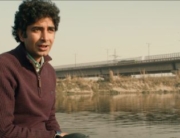
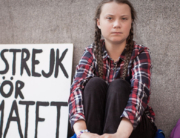
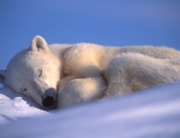
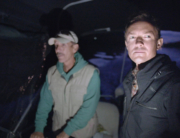
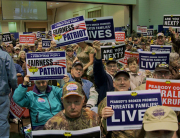
Leave A Comment